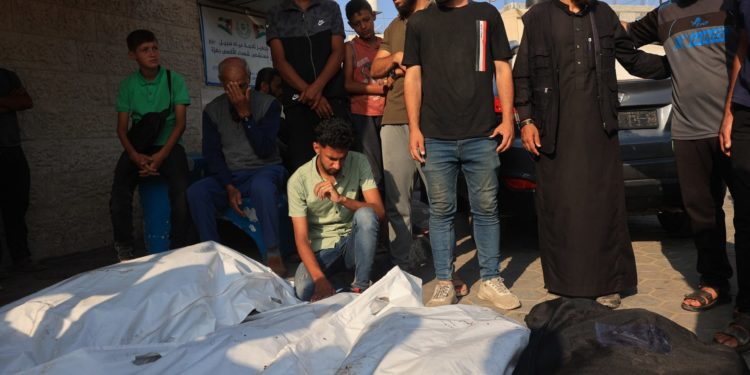WORLD NEWS

A recent study published in the prestigious journal Lancet has highlighted the catastrophic and long-lasting effects of Israel's war on Gaza, estimating that the true death toll could reach over 186,000. This figure significantly surpasses the current official death toll of more than 38,000 Palestinians reported by Gaza’s Ministry of Health since the conflict began on October 7.
The study underscores that the official count does not include thousands of individuals buried under rubble or those who have died indirectly due to the destruction of health facilities, food distribution systems, and other critical public infrastructure. The researchers noted that conflicts typically have indirect health implications that extend beyond immediate violence. Even if the conflict were to end immediately, the study predicts many more deaths from diseases and other causes stemming from the devastated infrastructure.
The study elaborates that indirect deaths in recent conflicts have ranged from three to 15 times the number of direct deaths. By applying a conservative estimate of four indirect deaths per one direct death, the researchers suggest that up to 186,000 deaths could be attributed to the ongoing conflict. This estimate would represent almost 8 percent of Gaza's pre-war population of 2.3 million.
According to the study, the higher death toll is anticipated due to the extensive destruction of Gaza’s infrastructure, along with severe shortages of food, water, and shelter. Additionally, the United Nations Relief and Works Agency for Palestine Refugees (UNRWA) has faced significant funding cuts, exacerbating the humanitarian crisis.
The study also emphasizes that Israeli intelligence services, the United Nations, and the World Health Organization have all agreed that accusations of data fabrication by Palestinian authorities regarding the death toll are "implausible." The destruction of infrastructure has made it exceedingly difficult to maintain an accurate count of the casualties, suggesting the true toll is likely higher than reported.
"Documenting the true scale is crucial for ensuring historical accountability and acknowledging the full cost of the war. It is also a legal requirement," the study states. It also references the International Court of Justice's interim rulings in January, which mandate effective measures to prevent the destruction and ensure the preservation of evidence related to allegations under the Genocide Convention.
While the study provides a sobering outlook on the indirect consequences of the conflict, it is important to note that it was published in the correspondence section of Lancet and has not undergone peer review.




